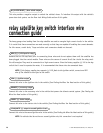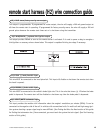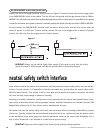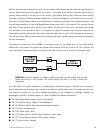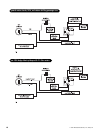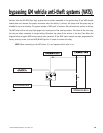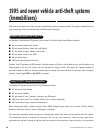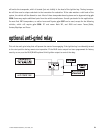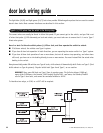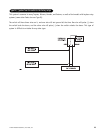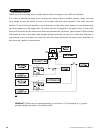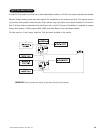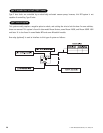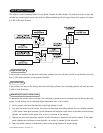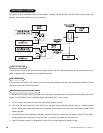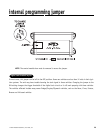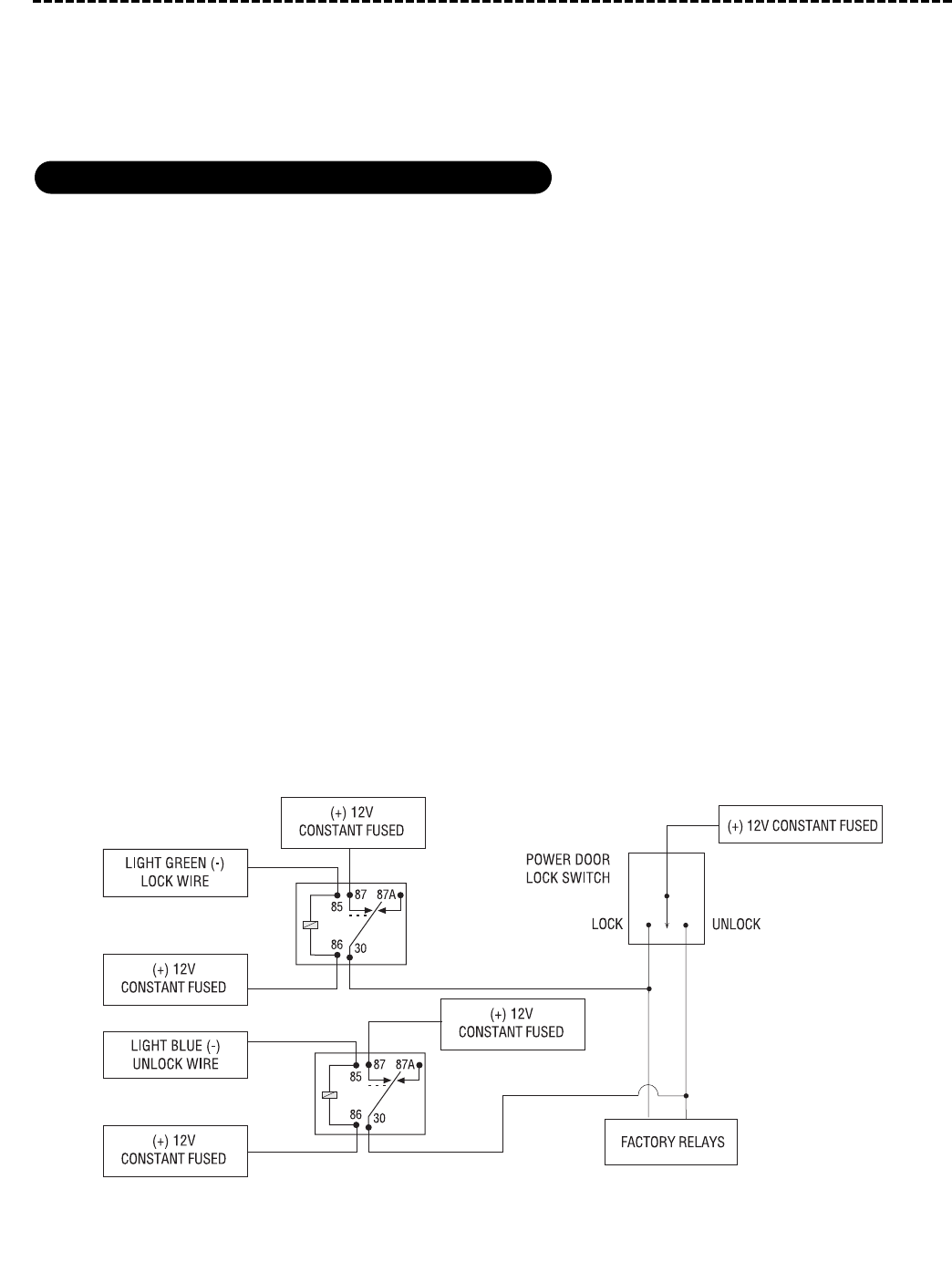
22 © 2001 Directed Electronics, Inc. Vista, CA
door lock wiring guide
The light blue (H1/8) and light green (H1/7) lock wires provide 200mA negative pulses that are used to control
electric door locks. Most common interfaces are described in this section.
The correct wires can usually be found in either kick panel. If you cannot get to the switch, and you find a set
of wires that pulse (+)12V alternately on lock and unlock, you must take care to ensure that it is not a Type C
direct-wire system.
Here is a test: Cut the wire which pulses (+)12V on lock, and then operate the switch to unlock.
■ If all doors unlock, the vehicle uses Type A system.
■ If you lose all door lock operation in both directions, you are operating the master switch in a Type C system.
■ If you lose all door lock operation of one or more doors, but not all motors stop operating, and other doors
still work, you have cut a wire leading directly to one or more motors. You must instead find the actual wires
leading to the switch.
Many domestically-made GM vehicles use Type A locks, while almost all domestically-built Fords are Type C (Ford
builds almost no Type A systems). Chrysler builds both Type A and Type C, so use caution.
WARNING! Many more GM locks are Type C than in previous years. The full-size pickups (1989-up),
many of the S10 Blazers, the Corvette, 1995 Cavalier/Sunfire 1993 - and newer, and Camaro/Firebird
all use Type C door locks, and cannot be controlled without a 451M!
To interface two relays, a 451M, or a 453T will be required.
type A: (+) 12V pulses from the switch to the factory relays



